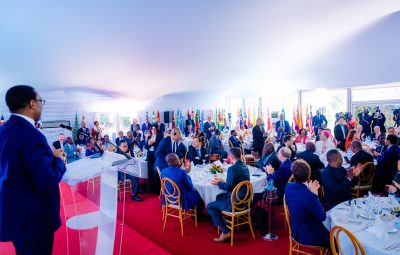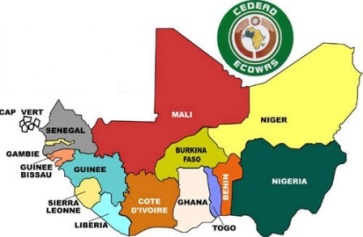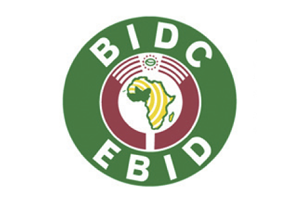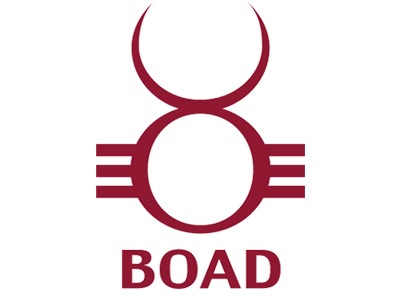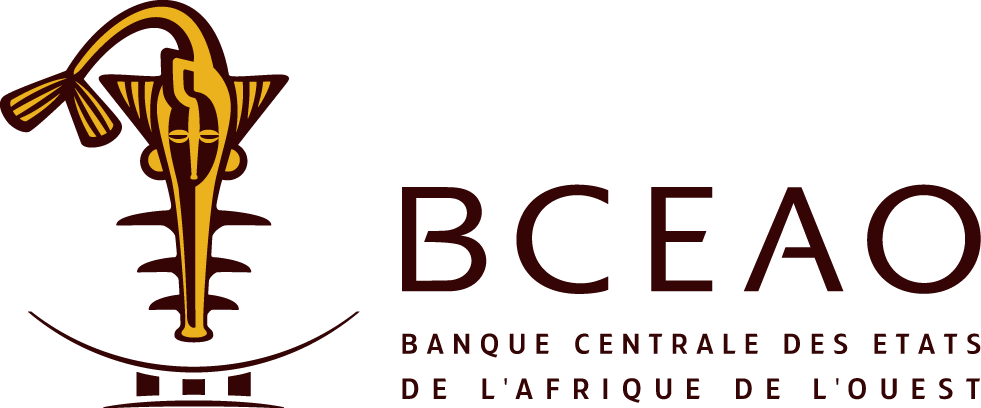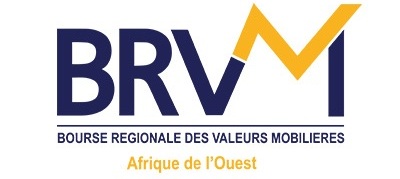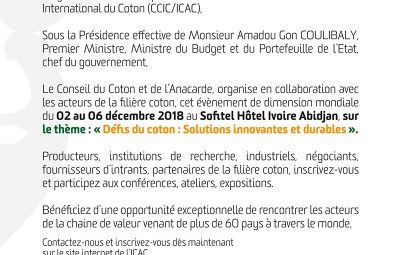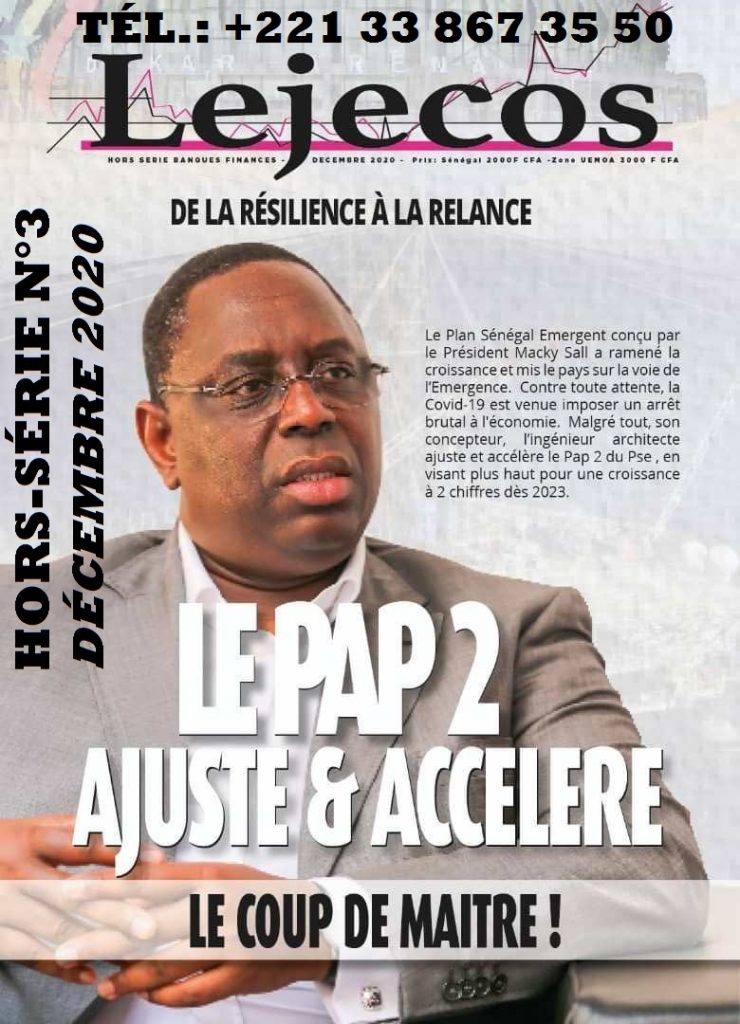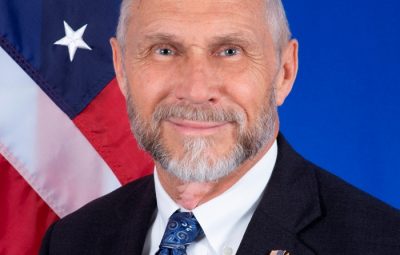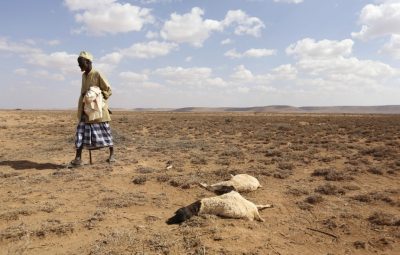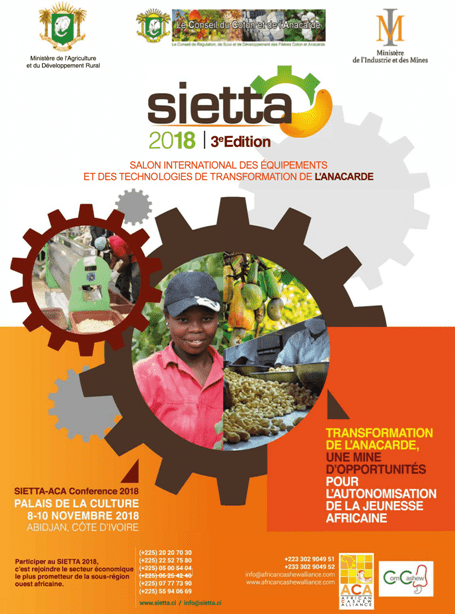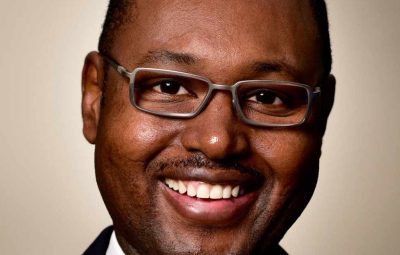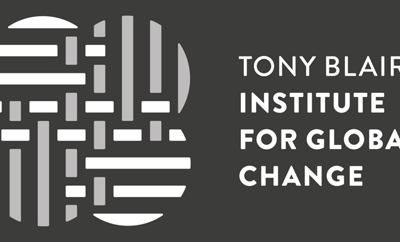
Representatives from African Union (AU) Member States officials, continental organizations for persons with disabilities, refugees, returnees and Internally Displace Persons (IDPs) with disabilities, disability federations, universities, rehabilitation experts and practitioners, policy makers, and civil society organizations are gathered today on the occasion of the 7th Africa Forum on Visual Impairment in Addis Ababa.
The Africa Forum on Visual Impairment is a global conference which began in 1996, offers an exemplary platform for individuals and agencies to exchange ideas, share best practices and promote new assistive technologies in the field of visual impairment to improve the lives of persons with visual impairment in Africa. The 2019 edition of the Forum is under the theme: ‘“Achieving AU Agenda 2063 and the SDGs through Innovation, Access and Lifelong Learning”.
The Forum is also a space to strengthen professional networking among governments, organizations, corporations and donor agencies in order to facilitate greater dissemination. Throughout its history, the Forum has led to many reforms concerning inclusive education policies, advocacy and ratification of the Marrakesh Treaty to Facilitate Access to Published Works for Persons who are Blind, Visually Impaired that entered into force on September 30, 2016.
The African Union Commission’s Department of Social Affairs; the Government of the Federal Democratic Republic of Ethiopia; the African Forum Council and Perkins International Regional Office jointly organized the 7th Africa Forum on Visual Impairment from 7-11 October 2019.
This year, the main objectives of the Forum are to bring governments, corporations, donor agencies, non-profit and disability organizations together to share best practices and promote new assistive technologies in the field of visual impairment, as well as facilitate the introduction of new trends, policies, models, approaches and interventions to persons with visual impairment in Africa.
Addressing the opening ceremony of the Forum, the Deputy Chairperson of the African Union Commission, H.E. Amb. Kwesi Quartey said that “This 7th Africa Forum for visually impaired is taking place against the backdrop of so many initiatives around the world. There is now a huge awareness in our planet earth that there is a part of our population who have been left out of development, and so within the United Nations family and here in the Africa Union, we have made a conscience decision, never again “to leave no one behind” in development”. He further added that “Very relevant to this 7th Africa Forum is the AU Disability Strategic Framework, a policy direction to strengthen Africa’s inclusive and sustainable development by providing strategic guidance for disability mainstreaming on the African continent”.
The opening ceremony attended by the Minister of Labor and Social Affairs of the Federal Democratic Republic of Ethiopia, Dr. Ergoge Tesfaye, who welcomed the participants on behalf of the people and government of Ethiopia. She said that there is a need in Africa for inclusive growth to unlock potentials of people with disabilities.
Her Excellency Amira Elfadil, African Union Commissioner for Social Affairs addressed the opening ceremony. She emphasized that Agenda 2063 aims for an inclusive continent where no child, woman or man will be left behind, with strategies developed for including persons with disabilities. H.E. Amira Elfadil shed light on the AU Disability Strategic Framework which aims to enhance the AU’s leadership role and mandate through AU led efforts in conformity with African shared values, norms and standards for disability mainstreaming on the African continent.
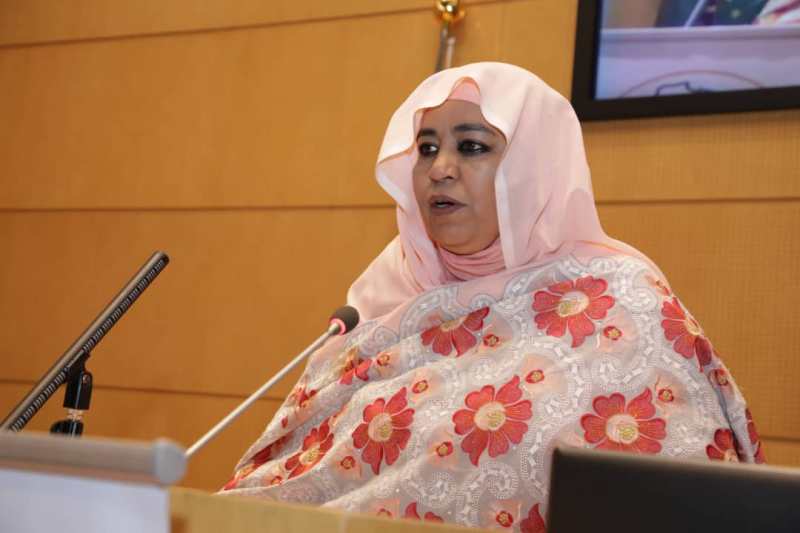
Commissioner Amira Elfadil noted that “To date, 47 out of 55 African Union (AU) member states have ratified the United Nations Convention on the Rights of Persons with Disabilities (UNCRPD); with 23 Member States having presented state reports on implementation to the UNCRPD Committee. While most African states have developed legislative and policy instruments and put in place strategies on disability inclusion, the reports show that they often fail to mobilise their full potential for their implementation”. She further added that there is a need to address gaps as only four (4) AU member states have signed with no ratification the Protocol to the African Charter on Human and People’s Rights on the Rights of Persons with Disabilities, which hampers the development of policies, programmes and requisite budgets for the full realisation of rights of persons with disabilities.
Commissioner noted with satisfaction significant achievements of AU member states regarding national inclusive education policies with more children with disabilities accessing education, laws that prescribe inclusion in political parties and electoral processes and national disability councils rolling out programms with budgets.
The Commissioner concluded by making a passionate appeal to the participants of the 7th Africa Forum to showcase how disability inclusive Information and Communications Technology (ICT) can be fully utilized to open up skills and opportunities for persons with disabilities; mobilize an African voice and network for affordable, available and appropriate disability assistive technology and devises to promote the quality of lives of persons with disability; and promote commitments to the “JOBS FOR THE 5%” targets encapsulated in the African Union Disability Strategic Framework, adopted during the third specialised Technical Committee on Social Development, Labour and Employment in April 2019, by building partnerships between public sector, businesses and non-state actors to open up jobs and inclusive entrepreneurships for person with disabilities in Africa.
The 2019 Forum is expected to reflect on advanced digitization and technological agenda for the development of persons with disabilities in Africa, support for the ratification of the Protocol to the African Charter on Human and Peoples’ Rights on the Rights of Persons with Disabilities in Africa.



